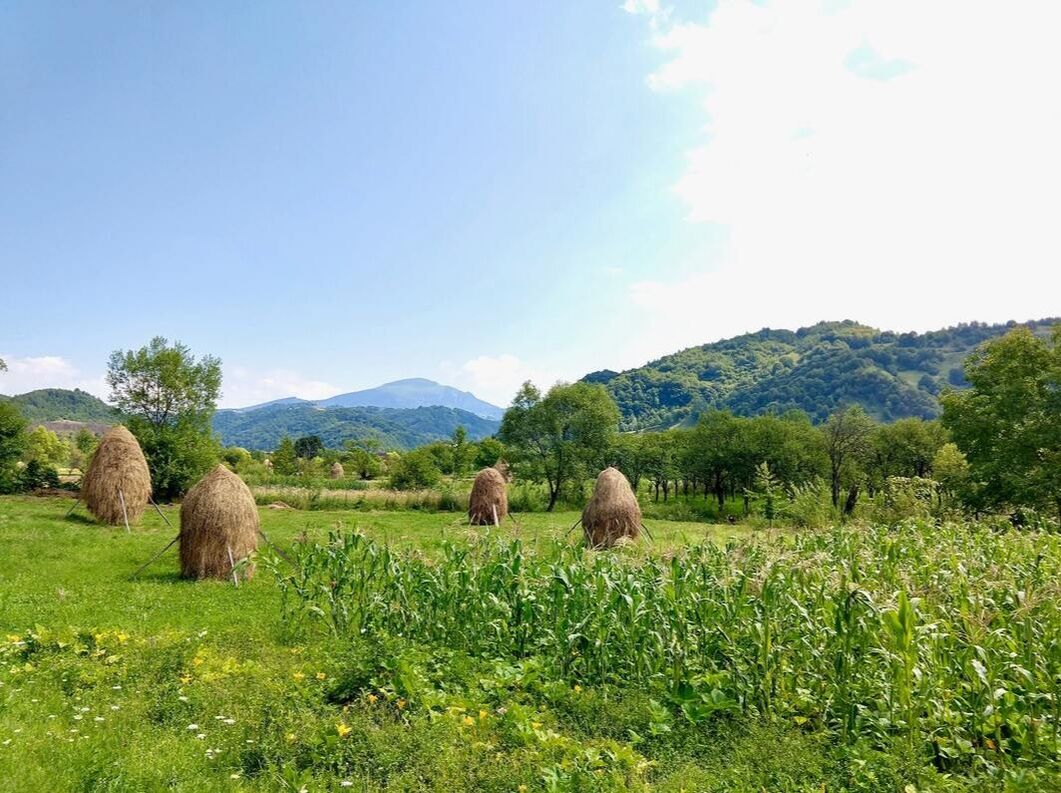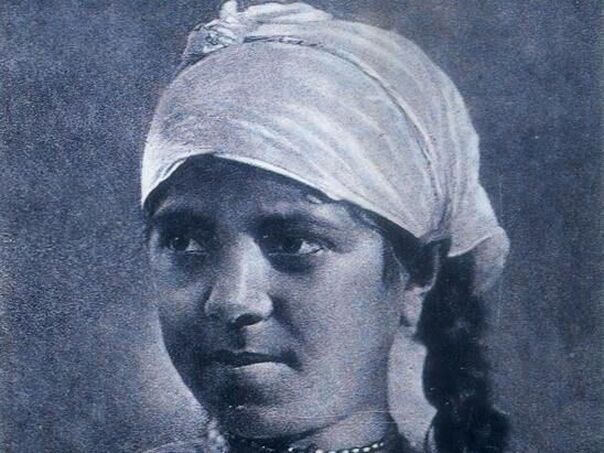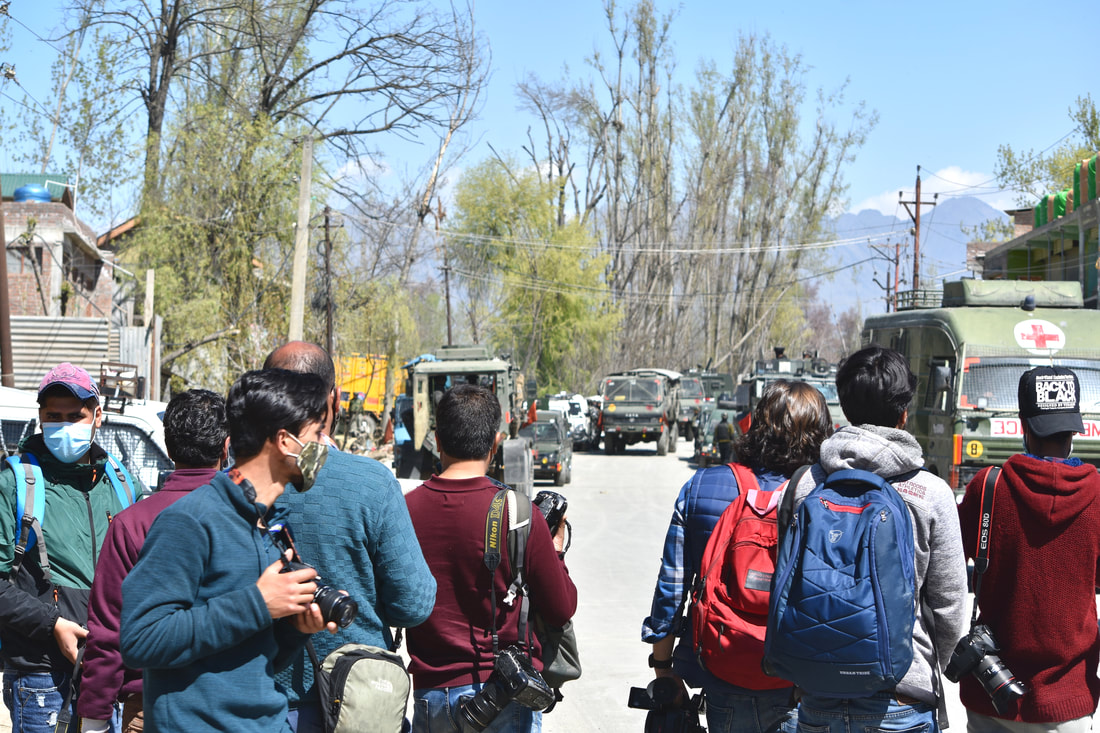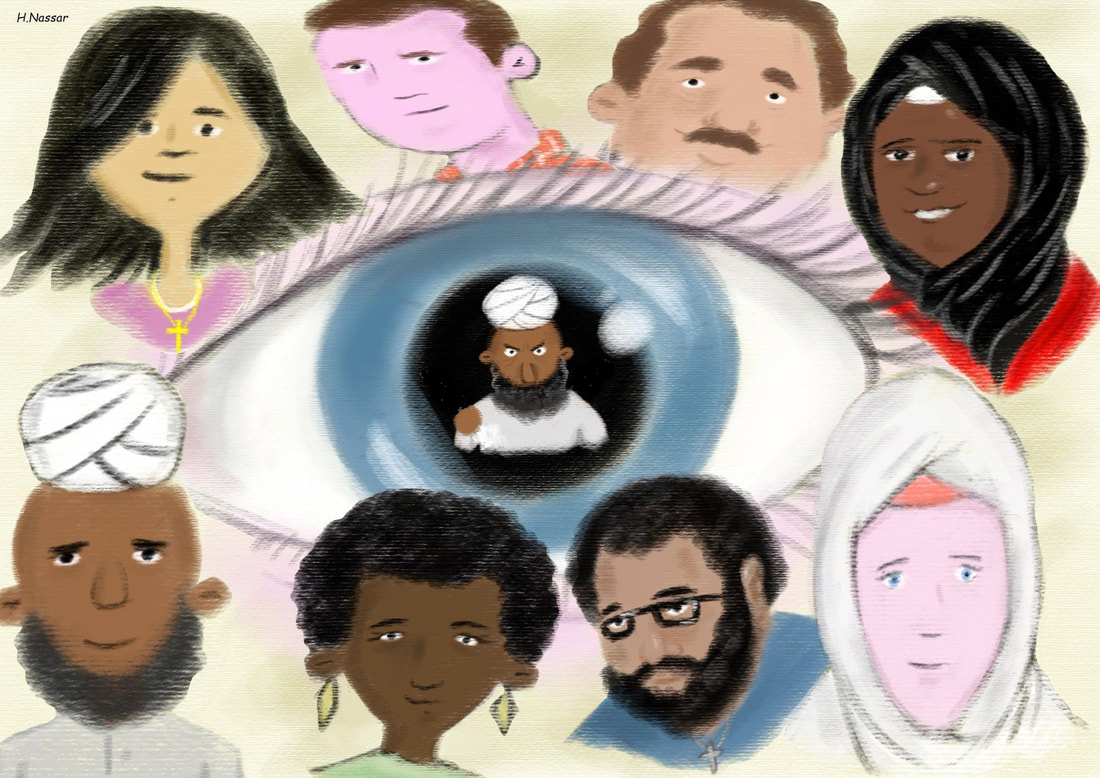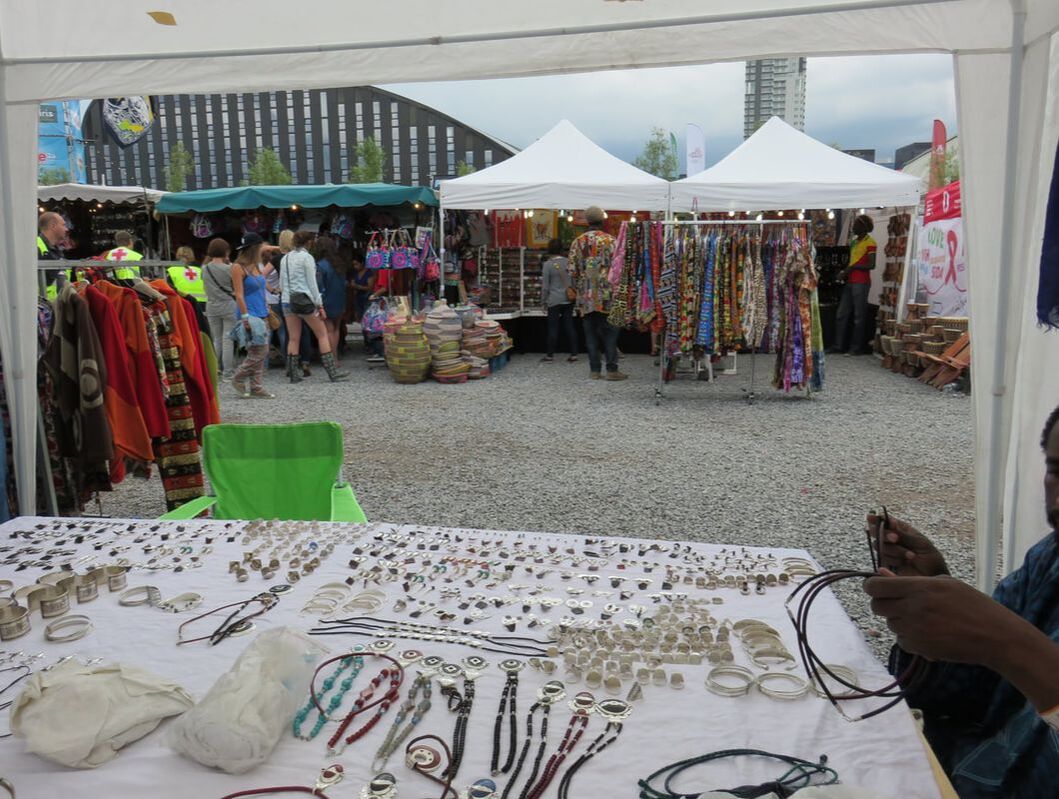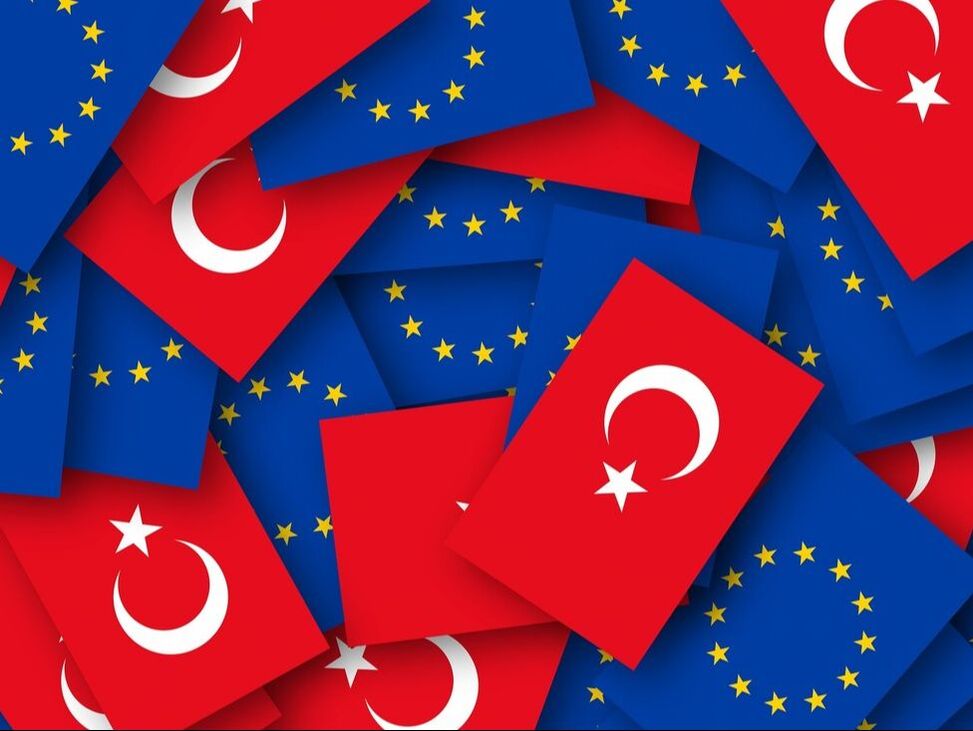|
|
|
Blog post by Annavittoria Sarli, University of Birmingham, UK
Policy and media discourses in Italy refer to migration-related issues mostly in the language of emergencies, deviancy or alleged cultural threats. The everyday presence of ethnic minorities as a permanent constituent of society is rarely acknowledged. Such public discourse perpetuates a kind of socio-cultural immaturity, making it difficult for the population to accept growing diversity. ‘Italianness’, moreover, tends to be conceived as monoracial and monocultural. This idea of national identity drives an imagined net division between a monolithic national ‘us’ and ‘the others’ foreigners, who comprise both first generation migrants and their Italy-born descendants. It is an imaginary enshrined in the Italian law on citizenship, introduced in 1992 and never updated since then. Mainly based on jus sanguinis, it poses obstacles for migrant immediate decedents (MIDs) to become citizens of the country where they spent most of their lives.
0 Comments
Young people in ethnically divided post-conflict societies are often happy to date across ethnic lines, notwithstanding its prevailing discouragement. My recently published Identities article, 'Kiss don't tell: attitudes towards inter-ethnic dating and contact with the Other in Bosnia-Herzegovina', examines this in Bosnia-Herzegovina, which it takes as a typical case of an ethnically divided post-conflict society: young people struggle to meet other ethnic groups due to the high levels of segregation in society. Such contact is also discouraged in the home, in schools, in religious institutions and in the media. I use focus groups conducted on Facebook and follow-up interviews to speak to young people across the country who date across ethnic lines despite these obstacles.
Romania has several multicultural regions, including the Banat in the southwest. During its time as part of the Habsburg and Austro-Hungarian Empires (1718-1918), cultural influences and economic developments from the West (German, Austrian, and Hungarian) made it an attractive destination for migrants. This continued after the Trianon Treaty and Romanian unification in 1918, as Banat was economically advanced compared to other regions to the East and South. Rapid industrialization and urbanization under the communist regime (1947-1989) and the subsequent removal of restrictions on movement in the early post-communist period also saw steady internal migration patterns.
Despite this long history as a recipient of migrants and cultures, the sense of nativism and place belonging is strong among Banateni. Proximity to Central Europe also led to a sense of discrimination, as Both noted, a Banat resident ‘would better prefer a German, Serbian or Hungarian than a migrant non-Banat Romanian’ in their village. In our recent Identities article, ‘Internal migration and stigmatization in the rural Banat region of Romania’, we attempted to uncover attitudes towards internal migrants and how these were understood by migrants themselves in rural Banat.
In the comedy special ‘His Dark Material’, Jimmy Carr joked about the Roma Holocaust:
‘When people talk about the Holocaust, they talk about the tragedy and horror of 6 million Jewish lives being lost to the Nazi war machine. But they never mention the thousands of Gypsies that were killed by the Nazis. No one ever wants to talk about that, because no one ever wants to talk about the positives.’
Carr’s joke has sparked widespread outrage – yet some voices have defended it as ‘gallows humour’. Back in 2017, the author Alexandra Erin, in a Twitter thread on comedy, wrote ‘If the person on the gallows makes a grim joke, that’s gallows humor. If someone in the crowd makes a joke, that’s part of the execution.’ And here, Carr wasn’t speaking from the gallows; those on the gallows are in fact, one of the most oppressed and discriminated against groups to this day: the Roma, and within the scope of the joke, the European Roma and Sinti targeted in the Holocaust.
The murder of George Floyd in the spring of 2020 sparked an outcry against police brutality and racial injustice in the United States. In the wake of the killing, support for the Black Lives Matter movement rose sharply among white Americans. Shows of support ranged from the (controversial) posting of blacked-out photos on Facebook and Instagram, to patronage of black-owned businesses, to marching in BLM protests.
We are now more than a year out from George Floyd’s killing. Much of the antiracist fervour expressed by progressive white Americans in 2020 appears to have fizzled. According to a Politico/Morning Consult poll, the percentage of white Americans with positive evaluations of the Black Lives Matter movement has declined significantly since last summer. Some see this change as an indication of the superficiality of many white Americans’ involvement in antiracism. While this may be true, our Identities article, 'Racemaking in New Orleans: racial boundary construction among ideologically diverse college students', points to the important role of racial boundary construction in limiting white Americans’ involvement in antiracist efforts.
The 550 days of communication blockade that Kashmir witnessed between 5 August 2019 and 5 February 2021 was unprecedented - the longest ever communication blockade in the history of any democracy. Coupled with intimidation, threats and restrictions on movement, the Indian state makes it too difficult for the media to operate freely in the region.
In my Identities article, ‘Communication blackout and media gag: state-sponsored restrictions in conflict-hit region of Jammu and Kashmir’, I highlight the events after the abrogation of Article 370 and its impact on press freedom in the region, especially to understand the perception of local journalists reporting from ground zero post-August 2019. On 5 August 2019, the Narendra Modi led government revoked Article 370 of the Indian constitution that provides quasi-autonomy to the region. In a broader neocolonial context, the abolition of Kashmir's autonomy is also the culmination of the Hindu indigeneity ideology, according to which Muslims on the Indian subcontinent are portrayed as invaders and foreigners, and Kashmiri Muslims are doubly marked as the Other: first as Muslims, and second as Kashmiris committed to an unrelenting struggle for a UN-mandated plebiscite and democratic sovereignty.
Arab Americans have been categorised as White on official government forms for several decades, which grossly misrepresents this population. Advocacy groups unsuccessfully fought during both the Obama and Trump administrations to have the ethnicity category expanded in the 2020 Census. The ramifications of this community remaining uncounted include lack of funding for social, education, and health care services and less leverage in political issues. Along with negating the incredible diversity within this group, such categorisation excludes Arab Americans from affirmative action programmes.
The recognition of this ethnic group on government forms would allow for their inclusion in such programmes, which is crucial given the prominence of discrimination in the US. However, the irony lies in how mainstream society tends to change their view depending on current events. When there are no crises involving Arabs around the world, Arab Americans are seen as White. However, when a crisis does occur involving Arabs – as either transgressors or victims (i.e. 9/11, invasion of Iraq) – they will be gazed upon as ‘Other’ and enemies of America. The rise in hate crimes against Arab Americans – and anyone who fit into the public’s notions of what an Arab or Muslim looks like – following the terrorist attacks of 9/11 is a prime example of this phenomenon. Consequently, regardless of being labeled as White, Arab Americans have experienced discrimination similar to other racially visible minority groups. This begs the question: if they are recognised as White, then why are they treated as ‘Other’?
The recent visit by Indian Prime Minister Narendra Modi to Bangladesh to attend celebrations marking 50 years since the birth of the country following the Liberation War in 1971 has drawn attention to the difficult task of building a nation on the back of a brutal and bloody civil war. At least four people were killed by police in the Bangladeshi city of Chittagong during a demonstration against Modi’s visit. Protesters from Hefazat-e-Islam Bangladesh, and counter protestors aligned with Bangladesh’s governing Awami League party, represent the central divide in Bangladeshi politics, between those who tie national identity to Islam and those who tie national identity to ethnicity and the Bengali language. This is a divide sometimes understood as one between those who ‘collaborated’ with the Pakistani military and those who participated in the independence struggle. On the Golden Jubilee of Bangladesh’s birth, this divide continues to shape Bangladesh’s political landscape today.
Using the case of the ‘Urdu-speaking minority’ in Bangladesh, my Identities article, ‘Displacement, integration and identity in the postcolonial world’, considered what the experience of minorities displaced during the Liberation War tells us about the Bangladeshi national imagination today. Their own voices, and the narratives of identity and integration in which they are situated, are revealing of the nature and boundaries of the nation state fifty years on from the country’s birth. Although the country remains divided around the role or significance of religion versus culture, and between those who ‘collaborated’ with the Pakistani military and those who participated in the independence struggle, there are older divides at work here too. Some of those who ended up on the wrong side of the Liberation War are accepted into the nation today. Here colonial narratives of ‘population’ versus ‘people-nation’, ‘community’ versus ‘citizen’ structure exclusion not only through narratives of the country’s foundation myth (as commonly assumed) but also through poverty and social space.
Bermo carries my two year old son on one shoulder as we stroll down the main street in Antwerp, the beautiful medieval city in Belgium. My son uses Bermo’s soft turban as a place to rest his head, struggling to keep his eyes open. The photographer that follows the two of them in an attempt to get his best shot is really disturbing in his intensity and he has not even asked if he can take a photo. Bermo, used to being shown such excitement, pretends simply to ignore him. Bermo is not a celebrity as one might expect but a migrant worker from Niger that in his everyday life back home moves between the pastoral area and the city, where he struggles to make a living. Here I suspect that the combination of his clothing and dark skin, as well as the white body of my son, is arousing interest. While this particular event was rather extreme and took place prior to the so-called ‘crisis of migration’ in Europe, I have seen time and again WoDaaBe being perceived as belonging to the slot of the ‘exotic others’.
In my Identities article, ‘Global citizens, exotic others, and unwanted migrants: mobilities in and of Europe’, I focus on those portrayed as exotic to ask larger questions about otherness in Europe in the present. What kinds of bodies are welcomed in Europe that, after all, has for the last few years been characterised by large headlines proclaiming an ‘invasion’ of people from Africa into Europe? These depictions have often intersected with racialised narratives of Muslims and asylum seekers as threats, simultaneously criminalising and reifying these heterogenous categories. My article is based on ethnographic research in Belgium that consisted of brief visits conducted over a long period of time, wherein I participated in the life of WoDaaBe migrant men, as well as in the lives of other migrants from Niger in precarious positions. Some of these individuals I knew going on 20 years, having met them a long time back, while undertaking my two-year long PhD fieldwork in Niger.
Korea has been said to be one of the most racially and culturally homogenous countries in the world. Although many critics claim that this is a 'myth', it is true that the country has not suffered from the racial and religious conflicts that have troubled so many countries. This alleged racial homogeneity may make a different race the primary indicator of 'the stranger' in Korea.
Thus, I was somewhat surprised by the descriptive statistics from a nationally representative survey of the permanent and naturalised immigrants in Korea conducted in 2013. According to the survey, the majority of immigrants who experienced perceived discrimination believed that they were discriminated against because of their national backgrounds, and not race, religion or economic status. From the respondents’ perspective, Koreans seem to be very proud of their nationality. If, as the immigrants claim, Koreans are so proud of being Korean, what is the source of that national pride? Further, could it be the way they justify discrimination against immigrants? My Identities article, 'Constructing Chineseness as other in the evolution of national identity in South Korea', addresses these questions. Drawing on scholarly publications, newspapers, policy reports, surveys and films, I compared two different Chinese immigrant groups who came to Korea in different eras. I traced the narratives of Chineseness used to construct Chinese immigrants as strangers and examined how these narratives are related to Koreans’ evolving self-perceptions. The country’s national goals and sources of pride – in particular, historical eras – constitute the national subjectivity. As the most immediate strangers, Chinese immigrants have been easy targets for Koreans to demonstrate and confirm the new national identities they desire.
If we are to assume the Shakespearean platitude that 'the eyes are the windows of the soul', then it is not beyond our comprehension that visual images used by NGOs (non-governmental organisations) in their advertisements are carefully curated ideas over who or what is ‘seen’, and more importantly ‘how’ it is seen, and for whom. In today’s progressively changing and competitive media and communications environment, humanitarianism is now a profitable enterprise in our visual-as-currency economy.
On our television screens, in our social media applications and unsolicited pop-up email advertisements, and even among the rumpled pile of outdated magazines in the doctor’s waiting room, the public faces of the international aid and relief industry are seldom out of sight. Whether it is malnourished pot-bellied toddlers wearing western football memorabilia of seasons past, a despondent refugee mother in a displacement camp, or a vast horde of shaven-headed, undifferentiated Black and Brown masses in conflict zones, these images are the aesthetic currencies of commercialised suffering employed by humanitarian organisations to brand themselves and their strategic ambitions, and imbue western audiences with a philanthropic disposition. Visual representations are central to – and orbit around – the phenomenon and work of humanitarianism. When we think of humanitarian work, we often visualise much of the non-western, Black and Brown world. As image producers and disseminators, these organisations set the visual tone within which certain people and places are defined and comprehended – indeed, who (and what) they ‘are’, ‘aren’t’ and ‘ought to be’.
‘Turkey in means Britain out’: this was one of Nigel Farage’s rallying calls during the Brexit campaign, and these ideas were echoed by numerous others within politics and the media during the referendum. A topic which has long proved controversial among Europe’s elites, Turkish involvement in the European Union has seen renewed interest and opposition over recent years in the context of the so-called ‘migrant crisis’, the 2016 EU-Turkey statement, rising Euroscepticism and the mainstreaming of Islamophobia.
Much of the scholarship has suggested that hostility towards Turkey is associated with the construction of European identity. However, while this notion works for those supportive of the EU, the same cannot be said for those who explicitly reject Europe. How and why, therefore, do openly Eurosceptic parties fervently defend the idea of ‘Europeanness’ in order to reject Turkish involvement in the EU? My Identities article, 'When Eurosceptics become Europhiles: far-right opposition to Turkish involvement in the European Union', explores this question by analysing articles from the official party websites of the United Kingdom Independence Party (UKIP) and the Front National/Rassemblement National (FN/RN) over a five-year period (2013-18). Drawing on theories of Islamophobia and Orientalism, the findings highlight that the construction of Turkey as a dangerous other does not constitute a new phenomenon linked to EU integration, but instead forms part of a longer tradition of racism towards ‘the Orient’.
'First, I'll need tenure. And a big research grant. Also access to a lab and five graduate students — at least three of them Chinese.'
- Professor Ogden Wernstrom, Physicist Those are Professor Ogden Wernstrom’s demands when asked to save the Earth from a giant garbage ball approaching through space in the Futurama episode, A Big Piece of Garbage. Portrayed as an obvious antagonist, Wernstrom seems greedy and exclusively concerned with his own career advancement. He also seemingly regards grad students as just another commodity to further his own goals, with Chinese students as particularly valuable or useful assets. This specific view on Chinese researchers as not much more than pricey pieces of high-tech equipment was provided by a cartoon villain 20 years ago, but it arguably still falls into the questionable category of 'it’s funny because it’s true': it indeed resonates with prejudices that extend beyond the Futurama universe and into real-world academic discourse.
Many Western expatriates are routinely exposed to being labelled laowai (老外 in Mandarin, literally ‘old foreigner’) in mainland China. According to a 2007 report in People’s Daily, Chinese users of the slang term laowai feel it shows their respect and intimacy for Westerners (‘Is 'Laowai' a Negative...' 2007). This Chinese interpretation was empirically verified by a 2015 research article (Mao 2015).
But some people on the receiving end feel that laowai is a stereotype-laden form of ‘othering’, defined as discourses that create a boundary between insiders and outsiders. Why are these interpretations so different? Why do Westerners feel resentful when they are addressed as laowai? In order to address these questions, we focused on American expatriates living in mainland China, often regarded as prototypical ‘Westerners’ there. We conducted in-depth interviews with 35 American expatriates who ranged in age from 19 to 36 years, varied in sojourn length from six months to ten years, were in different occupations and of diverse racial categories (White/Chinese/Latino/African Americans). By inviting these Americans to reflect upon their intercultural experiences in mainland China, we explored their interpretation of the term laowai. |
|
Explore Identities at tandfonline.com/GIDE |
|
The views and opinions expressed on The Identities Blog are solely those of the original blog post authors, and not of the journal, Taylor & Francis Group or the University of Glasgow.


